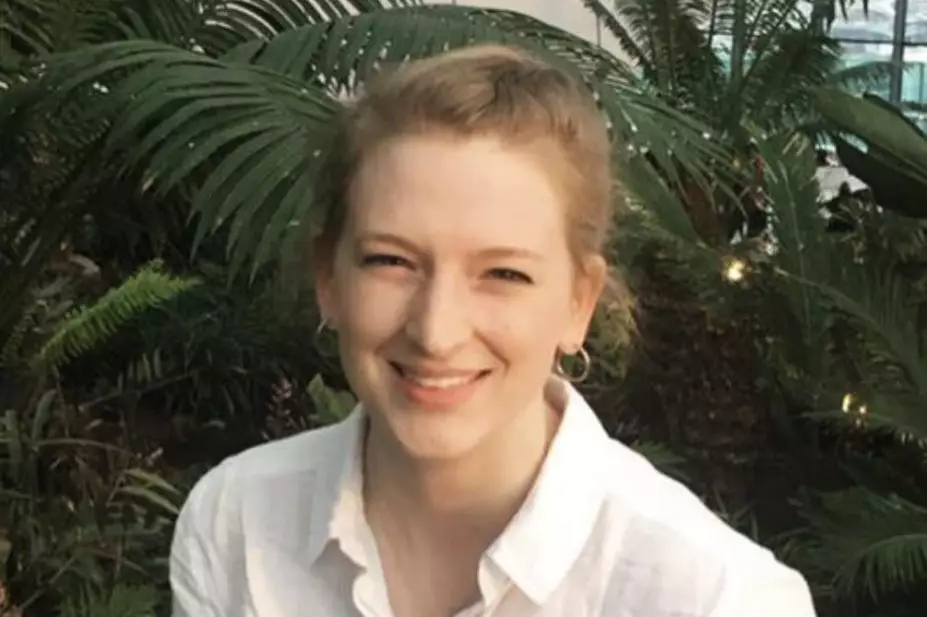
Elizabeth Ridsdill Smith
More and more, hospital staff are recognising the value of pharmacists on the wards. And this recognition came in writing when the Carter review, published in 2016, and the ‘NHS long-term plan’, published in 2019, highlighted the contribution we make to the multidisciplinary team (MDT), and how pharmacists adopting bigger patient-facing roles can improve care.
With this burgeoning recognition, we must now fully establish ourselves as integral members of the MDT. If we are going to help those around us understand our roles and the benefits we bring, we must forget professional tribalism and work collaboratively with healthcare colleagues outside of our profession.
It was at university that I was introduced to the idea of collaboration with other professionals. During our interprofessional learning sessions, pharmacy students were grouped with medical, nursing, physiotherapy, sports rehabilitation and midwifery students to discuss solutions to case studies, and we presented our answers to the class.
I was surprised by how many non-pharmacist colleagues from medicine, nursing, physiotherapy, sports rehabilitation and midwifery were happy to help me learn and develop
These sessions showcased the skills and knowledge each discipline contributes to patient care. I learned that, as keen as we are for others to appreciate our role, it is just as important for pharmacists to appreciate the roles of other members of the MDT — we should learn from them and seek their expertise.
In 2019, I carried this idea with me to my preregistration training at the Royal Free Hospital, London, where I shadowed colleagues from other professions.
I was surprised by how many non-pharmacist colleagues from medicine, nursing, physiotherapy, sports rehabilitation and midwifery were happy to help me learn and develop. And, in turn, I could promote pharmacy in the management of patients, and establish my niche in the MDT.
While shadowing a speech language therapist, I realised that a patient had been administered a modified release tablet that had been crushed when it should not have been. The patient didn’t come to any harm in this case, but it gave me an opportunity to discuss pharmacy’s role in managing medication in patients who have swallowing difficulties, and I could share the considerations we should be making when crushing medicines.
As well as carving out my own role in the team, I have seen how pharmacists who are already fully integrated members of the team add value. Within the HIV MDT team, for example, specialist pharmacists advise medics on drug interactions with highly active antiretroviral therapy. It was useful for me to see what skills we can offer, how our expertise can be best used, and how pharmacists with special interests can collaborate with other professionals.
All preregistration trainees should seek out and take full advantage of opportunities to work collaboratively with colleagues from other disciplines.
Before you get involved, do some research about the various roles in the MDT. Speak to as many different team members as you can to find out what they do and pharmacists can work with them to improve your patients’ care.
Be keen and interested. Get stuck in and ask lots of questions — the discussions you open up will benefit everyone.
Elizabeth Ridsdill Smith, resident pharmacist, Guy’s and St Thomas’ NHS Foundation Trust


